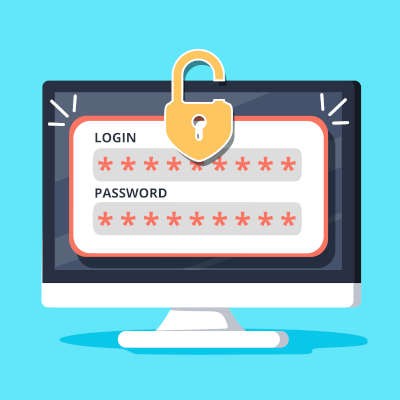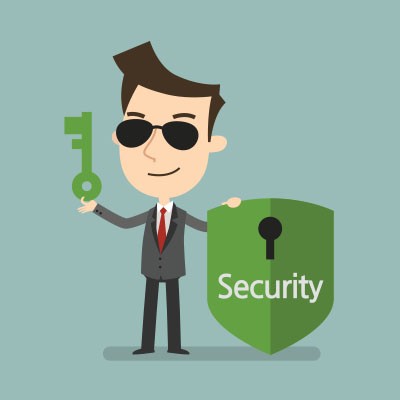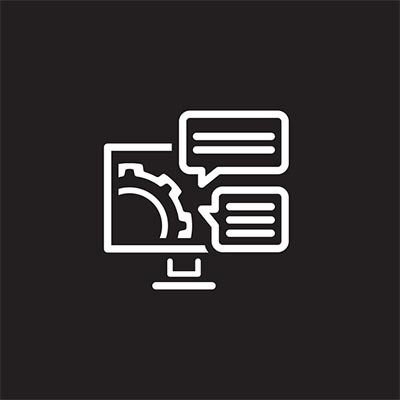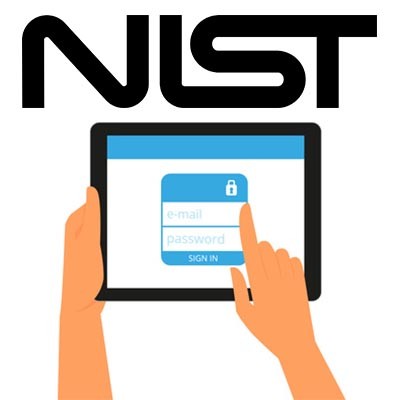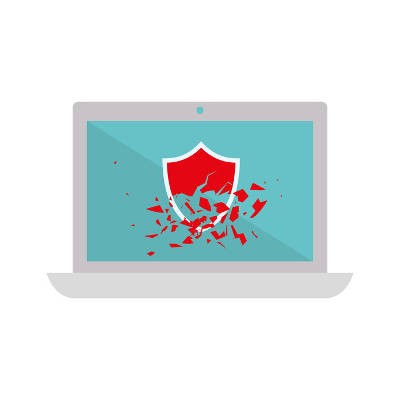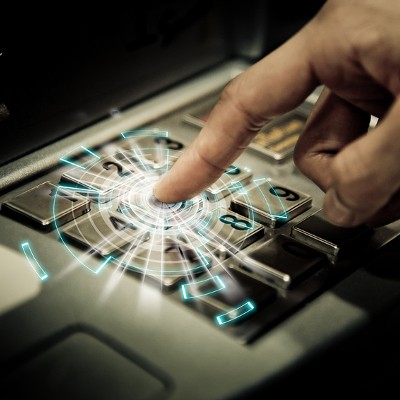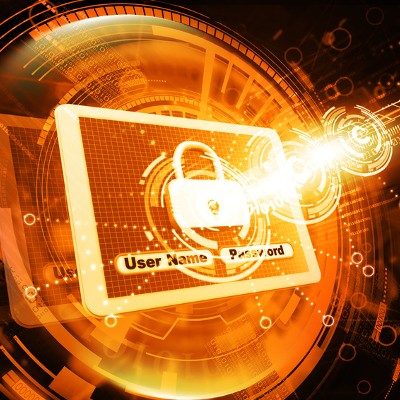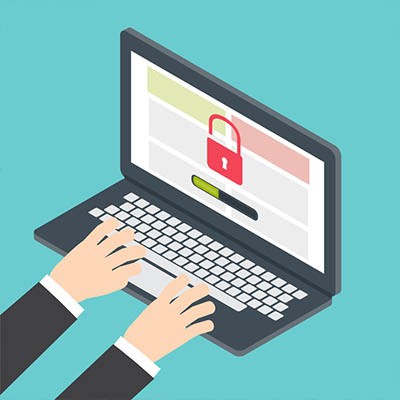Did you know that over 80 percent, eight-zero, of cyberattacks are the result of stolen access credentials? It’s no wonder that the username/password combination that we’re all used to is being actively phased out by many tech companies—including Microsoft—in favor of more secure, passwordless authentication measures.
JS Business Solutions Blog
“Open sesame!” If only the passwords that were required of us every day could be so simple, right? But no, this simply enables cybercriminals. So, for the sake of our accounts and their security, we have to use multiple, complex passwords that meet assorted best practices.
However, passwords can sometimes be too secure. As in, preventing us from accessing our resources ourselves, because we can’t remember which password we used (or what it was).
Certain technologies out there make you ask questions. For example, have you ever wondered why you need to restart your computer other than “because IT says to?” What about that task manager? What’s that for, anyway? We’re here to help you answer some questions about your business technology and why it’s important to keep them in mind during the workday.
Passwords have always been important to businesses, but they are priorities for organizations in certain industries. Government-based organizations in particular need to be concerned about using secure passwords. Of course, not all businesses are government-based, but there’s a thing or two your own can learn about some of their password practices.
We are never shy about insisting that certain standards are met when devising passwords, but many major companies are seemingly far less worried about password security than we are. A recent study conducted by the password manager developer Dashlane paints a troubling picture of the state of password security, providing anecdotal evidence in the form of some very well-known and trusted companies scoring at the low end of the password security spectrum.
By now, you’ve heard all about the Equifax data breach, which exposed sensitive information of 143 million individuals. To keep this from leading to identity theft and other challenges for these users, many professionals are encouraging them to freeze their credit lines. To do so, a PIN is required, which is something that a hacker can easily take advantage of.
If you think about it, password security is an interesting phenomenon. The odds are that a user knows the importance of using a strong password, as well as the potential consequences of using weak ones. Yet, time after time, people would rather go with passwords that are easy to type and remember, as opposed to adding a few simple security measures.
One of the best things about computers is that there is always a new way to make something easier: automation decreases a workload, their processors can calculate much faster than the human brain can, collaboration with coworkers becomes almost effortless, and your web browser can even remember your passwords! However, you have to ask yourself: is the ability to save your passwords in your browser really a great idea?

